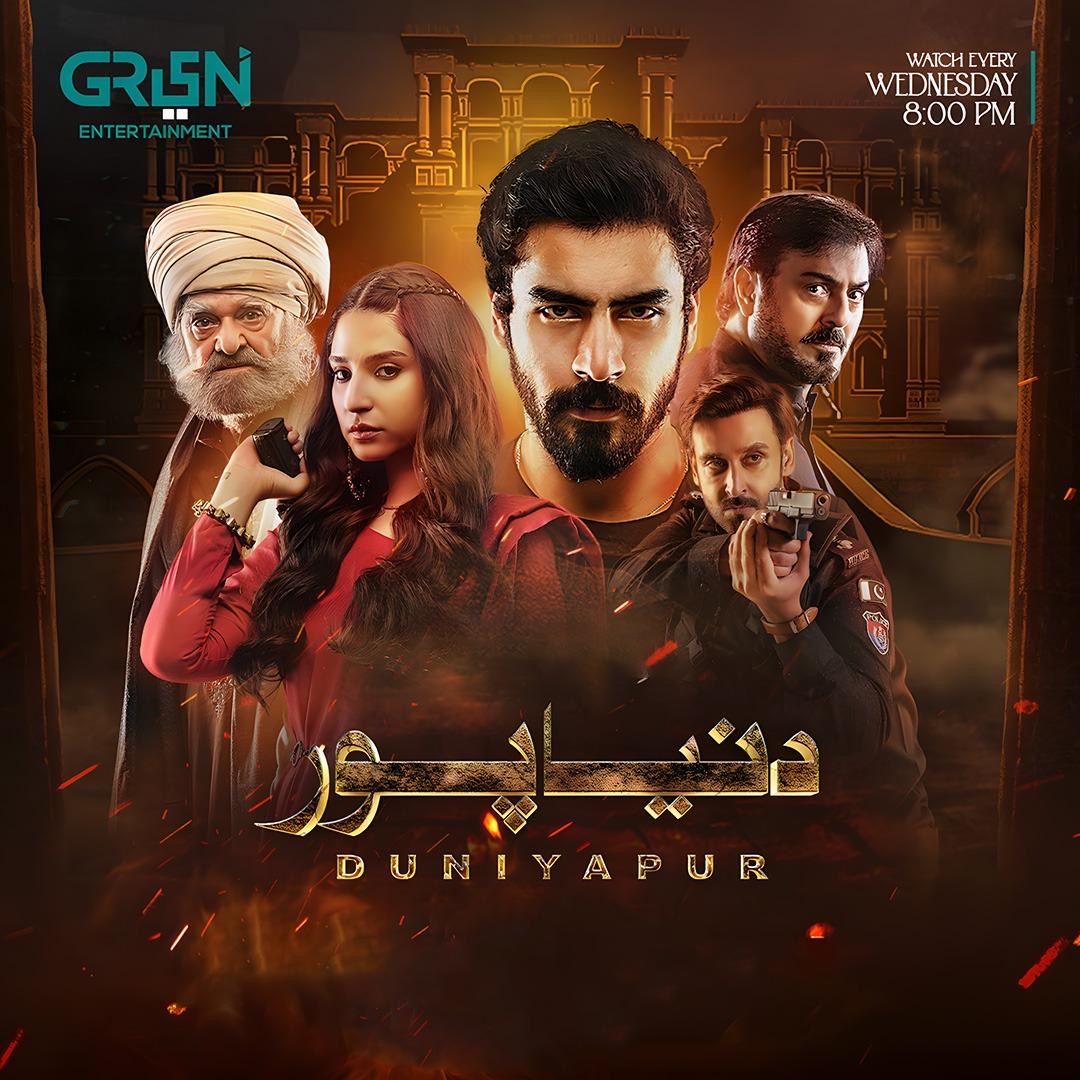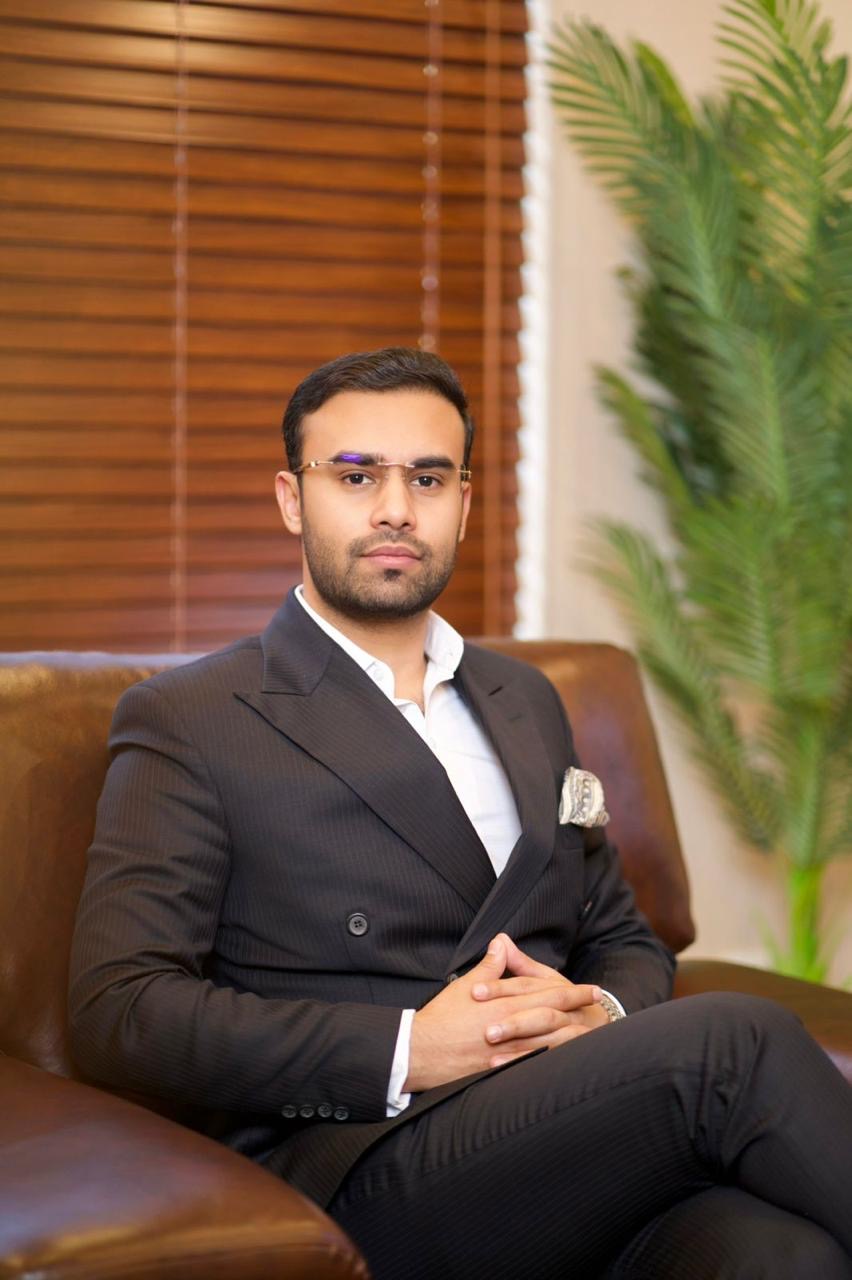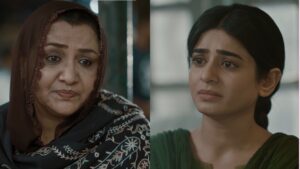
Green TV Entertainment has rapidly risen to fame since its launch. The first thing that hooked the audience was the look and feel of the channel. The team working behind the scenes understood that TV is a visual medium, and they ensured the channel’s presentation was both aesthetically pleasing and modern.
One of the first things you notice when switching to a new channel is the teasers for the network’s programs and dramas. From the very start, it was clear that Green TV had put thought into creating something unique. Initially, I thought they might soon fall into the trap of producing formulaic content or shutting down like other channels. But, to my surprise, they continued developing unique content, one production after another.
As a TV and film enthusiast, I found this extraordinary, brave, and refreshing. The need for new subjects to explore had long been overdue in the Pakistani TV industry. Audiences were tired of the same old family-politics stories. Over time, viewers had been exposed to different waves of trends—at one point, a drama with a love triangle became wildly successful, and soon every production company tried to replicate that trend.
Being in a creative profession myself, I understand how insecurity and the urge to follow popular trends can creep in after witnessing the unusual success of a particular show or genre. But Green TV Entertainment surprised me by going against the grain, resisting the urge to produce content that merely followed existing trends.
Another impressive aspect of Green TV’s dramas is that they aren’t just based on fresh, unique subjects, but they are also well-produced. Being in media, I know the budget constraints that typically shape creative decisions at production houses, leading to compromises in quality. However, Green TV prioritized high production values. From scripting to production design and working with top talent, their shows deliver a binge-worthy experience.
One of the key takeaways from observing Green TV’s dramas is the creative freedom they offer to their writers and directors. I remember speaking with one of the writers, who was almost euphoric about being able to finally work on a script that no other production house or network would allow. Fasih Ur Rehman, CEO and founder of the channel, has prioritized bold and innovative stories over safe, formulaic ones, pushing the boundaries of what’s typically produced in the industry.

Writers at Green TV are encouraged to experiment with fresh stories that tackle complex social issues, much like what we see on international OTT platforms such as Netflix and Amazon Prime. This approach makes sense in a competitive landscape where audiences’ attention and retention are highly sought after. With OTT platforms, YouTube, and smartphones changing the game, staying complacent in today’s world isn’t an option. The days of playing it safe are over.
One prime example of Green TV’s high production standards is the new drama Dunyapur, which is being hailed as the most expansive production in Pakistan to date. It’s full of entertainment yet high-concept, with impressive sets, sprawling locations, and a stellar cast. You can easily see the investment in production technology. The attention to detail, from costume design to lighting and performances, gives the show an authentic, cinematic feel.
Another smart decision was rediscovering the underrated but incredibly talented Shahzad Nawaz, whose performances have become a sensation thanks to Green TV’s dramas. Bold decision-making extends not only to scripting and production but also to casting, ensuring every detail enhances the overall quality of the shows.
I can’t emphasize enough the role Fasih Ur Rehman has played. Despite coming from a construction background, he has left a lasting impact on both audiences and the industry—an impact that even some veterans have been unable to achieve in a lifetime of work. What’s clear is that this success is not just about passion, but also about a focused, clear-headed approach to everything he does.










